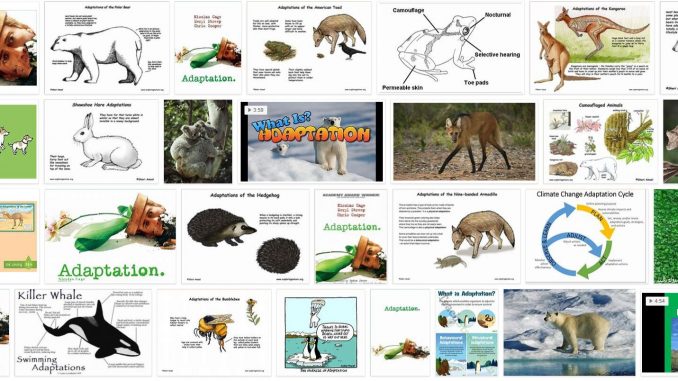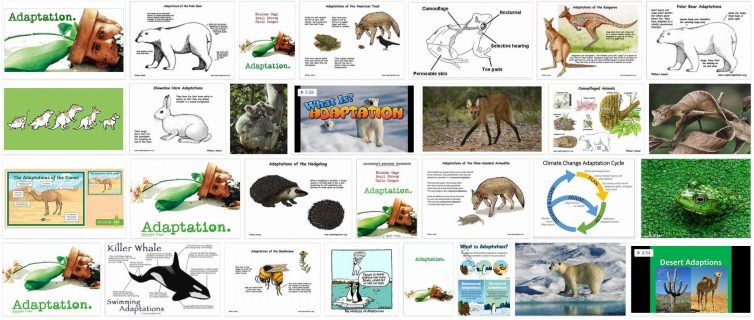
Adaptation is the action of adapting or adapting. The term adapt is to accommodate or adjust a thing. The word adaptation is of Latin origin “adapt“which means “to adjust one thing or another“, composed of the verb “ad“that expresses “towards” and the verb “aptare” that appears to “adjust or apply”.
The human being is a being adaptable to all situations. By virtue of the fact that in life, permanent changes are generated that the individual must adjust to them, the adaptation is not from one day to another, first a transition period must be overcome in order to get used to the new life or change, for example: an individual who leaves his country to seek better stability, there is a stage of difficulty or what was previously referred to, a period of transition since the individual must adapt to climatic changes, to new work , to the people, the children in the school, among others but with the time it gets used to all the new changes.
Taking into account the above, we can talk about social adaptation, specifically studied in psychology and sociology, since it is the process by which an individual goes through to modify their behavior, habits, customs, to conform to the norms and rules of the environment social where it develops, sometimes the individual must leave aside certain actions that were part of their behavior since they are badly seen in the social environment which does not allow to integrate and be part of it.
In biology, adaptation is a process of the natural evolution of an organism through natural selection that allows it to adapt to the conditions of its habitat in order to successfully develop its functions. Adaptation can arise due to morphological or structural changes (physical changes of an organism), physiological or functional (it allows to perform special functions, for example: regulate temperature, phototropism, homochromia) and behavior (formed by inherited or learned behaviors).
In reference to the above, the term natural selection is originally from Charles Darwin, it indicates that in an environment only the species that manage to survive and evolve are those that adapt to the environment and, those that fail to adapt disappear as they pass weather. It is noteworthy that the term adaptation includes: the characteristics that allow its adaptation and, to the reproductive success of an organism, is what is known as evolutionary adaptation.
In the area of education, curricular adaptation are the different modifications that are made in a curriculum to adapt them to the needs and characteristics of each student, especially aimed at children with special pedagogical needs in order to assimilate or perceive school content. At the time of carrying out the curricular adaptation, the limitations of each student must be taken into account and, therefore, expose the most accessible contents and eliminate those that are impossible for them to achieve.
For linguistics, adaptation is the setting that is executed phonetically in the language that receives a linguistic loan, to adjust it to its phonology.
On the other hand, the adaptation is to modify a scientific, musical, literary work so that it can be disseminated among audiences other than the one for which it was created and who was destined, sometimes the literary works are modified in order to transmit it in the audiovisual media or theatrical scenarios, for example: “The Da Vinci Code”, “Harry Potter”, “Forrest Gump”, among others. Likewise, the arrangement of a foreign work that once translated implies modifications of the original text.
